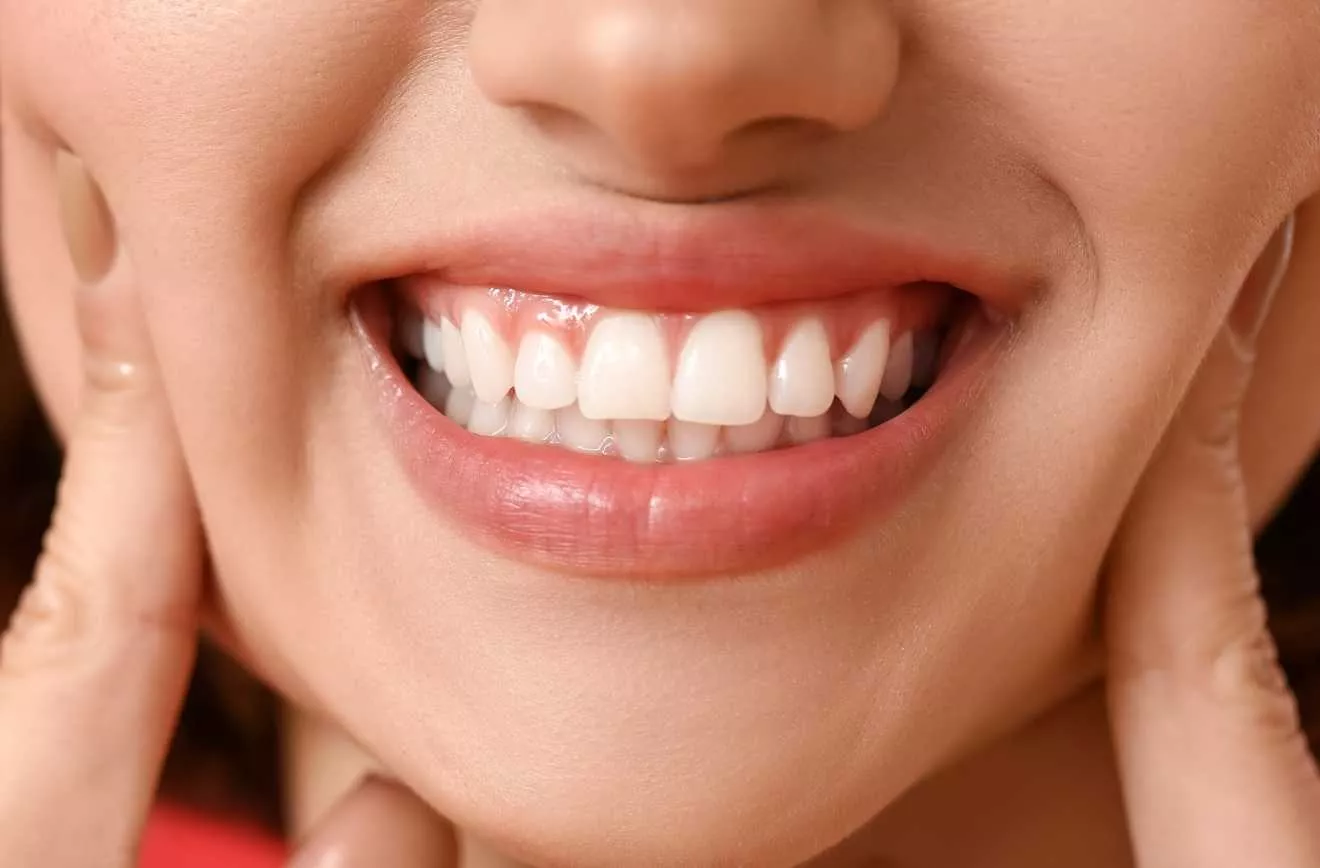What Are The Different Treatment Options For Gum Hyperpigmentation?
There are several treatment options available for gums hyperpigmentation including topical medications, laser therapy, light therapy, cryotherapy, chemical peels and dermabrasion. Your dentist will advise you on which option is best suited for your needs depending on the severity of your condition and whether it’s cosmetic or medically related. It’s important to keep in mind that these treatments may not always be successful in removing all of the discoloration so additional treatments may need to be explored if necessary.
Understanding Gum Hyperpigmentation
Gums hyperpigmentation is a common condition that can cause the gums to become darker in color. This discoloration often looks like patches or lines, and can range in color from brown to black. While this pigmentation is usually harmless, it can be a source of cosmetic concern. In this article, we discuss the causes, risks and treatments associated with gums hyperpigmentation.
Gum hyperpigmentation is a condition that can cause dark spots or patches on the gums. While it is usually benign, there are also potential underlying medical causes for this discoloration.
What Causes Gum Hyperpigmentation?
The cause of gum hyperpigmentation can vary depending on the individual case but there are two primary causes: superficial and systemic. Superficial causes such as smoking or poor oral hygiene can lead to dark spots on the gums due to a buildup of toxins, while systemic causes such as a reaction to medication or an underlying health issue like vascular disorders can lead to uneven pigmentation throughout the mouth.
How Can I Tell if I Have Gum Hyperpigmentation?
If you notice any dark spots or patches on your gums, it may be an indication of gum hyperpigmentation. It’s important to see your dentist for a professional evaluation so they can help determine if the discoloration is from this condition or from something else. They may also offer advice on how to treat minor cases at home with over-the-counter remedies or professional treatments.
How is Gum Hyperpigmentation Diagnosed?
Your dentist will typically perform a visual examination and take note of any dark patches in your mouth before taking x-rays to assess the extent of the discoloration and rule out any other possible conditions that may be causing it. Once they have determined their diagnosis, they will discuss treatment options with you and advise you on strategies for preventing further discoloration in the future.

Can Home Remedies Help With Gum Hyperpigmentation?
Home remedies such as oil pulling with sesame oil and turmeric paste mixed with water can help reduce inflammation in addition to potentially diminishing darker patches from superficial causes like poor dental hygiene habits. Additionally, using homemade saline rinses after brushing your teeth can help remove any lingering bacteria that might contribute to further discoloration in some cases. However, it’s important to note that these home remedies should only be used alongside prescribed medical treatments by your dentist; they should not replace professional treatment completely as this could make the situation worse instead of better!
How Can I Prevent Further Discoloration Of My Gums?
To prevent further discoloration of your gums, it’s important to practice good dental hygiene habits such as brushing twice daily with fluoride toothpaste and flossing once per day. Additionally, quitting smoking or avoiding secondhand smoke can help reduce toxin buildup in your mouth which could lead to further discoloration over time if left unchecked. It’s also essential that you visit your dentist regularly for cleaning appointments so they can monitor any changes in your oral health over time including gum health!
What Causes Gums Hyperpigmentation?
The most common cause of gums hyperpigmentation is chronic inflammation due to gum disease. This condition is caused by bacteria that accumulate around the teeth and irritate the gum tissue, causing redness, swelling and bleeding. Other causes include certain medical conditions such as diabetes and certain medications like antibiotics or anti-seizure drugs.
Are There Risks Associated With Gums Hyperpigmentation?
Most cases of gums hyperpigmentation have no associated risks. However, if you have an underlying medical condition such as diabetes or periodontal disease, you may be at greater risk for developing further complications related to your pigmented gums. It’s important to talk with your dentist about any concerns you may have regarding your gum health so they can evaluate you properly and develop an appropriate treatment plan.
Is Gums Hyperpigmentation Treatable?
In many cases, yes! Depending on the cause of your gums hyperpigmentation, there are a variety of treatment options available. For example, good oral hygiene practices like brushing and flossing regularly can help reduce inflammation caused by bacteria around the teeth which could reduce discoloration over time. Additionally, professional cleaning treatments like scaling or root planning may be necessary for more severe cases of pigmentation. Your dentist can also prescribe medications such as corticosteroids that may help reduce symptoms associated with gums hyperpigmentation in some cases. Finally, laser treatments may be used to remove pigment from your teeth if other treatments fail to work after a few months of use.
How Can I Prevent Gums Hyperpigmentation?
The best way to prevent gums hyperpigmentation is by practicing good oral hygiene habits daily including brushing twice daily for two minutes each time and flossing between all teeth once per day (or even between each tooth!). It’s also important to see your dentist regularly so they can monitor any changes to your gum health over time and provide timely care accordingly if needed. Additionally, controlling any underlying medical conditions like diabetes or hormonal imbalances should also help reduce the risk of developing gums hyperpigmentation in some individuals.

